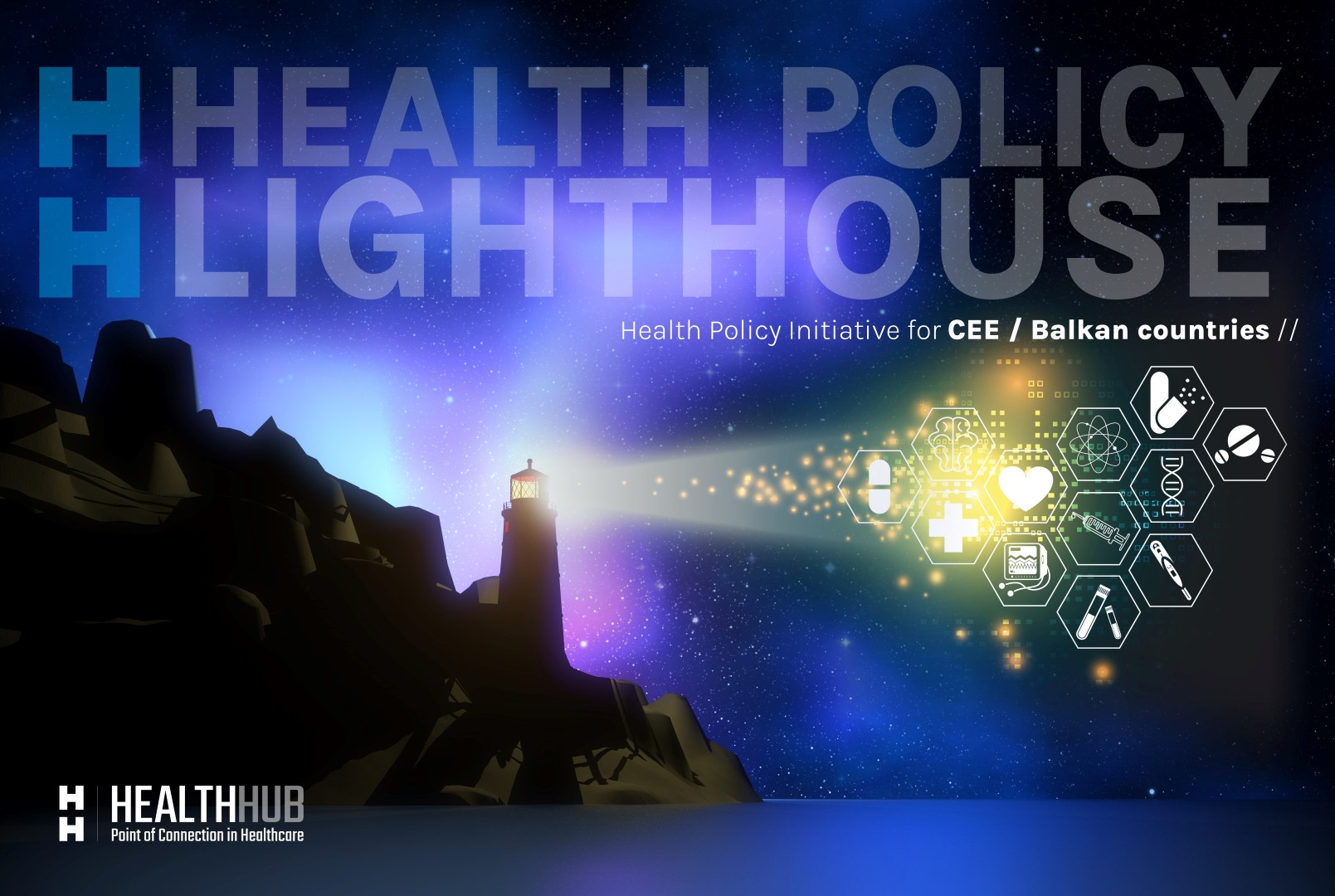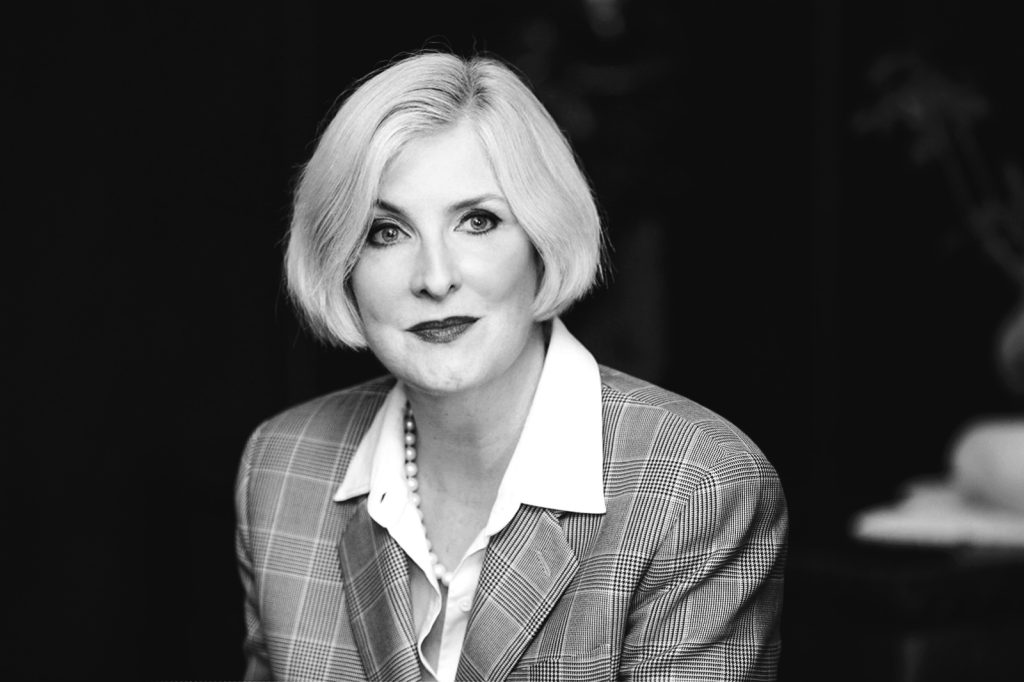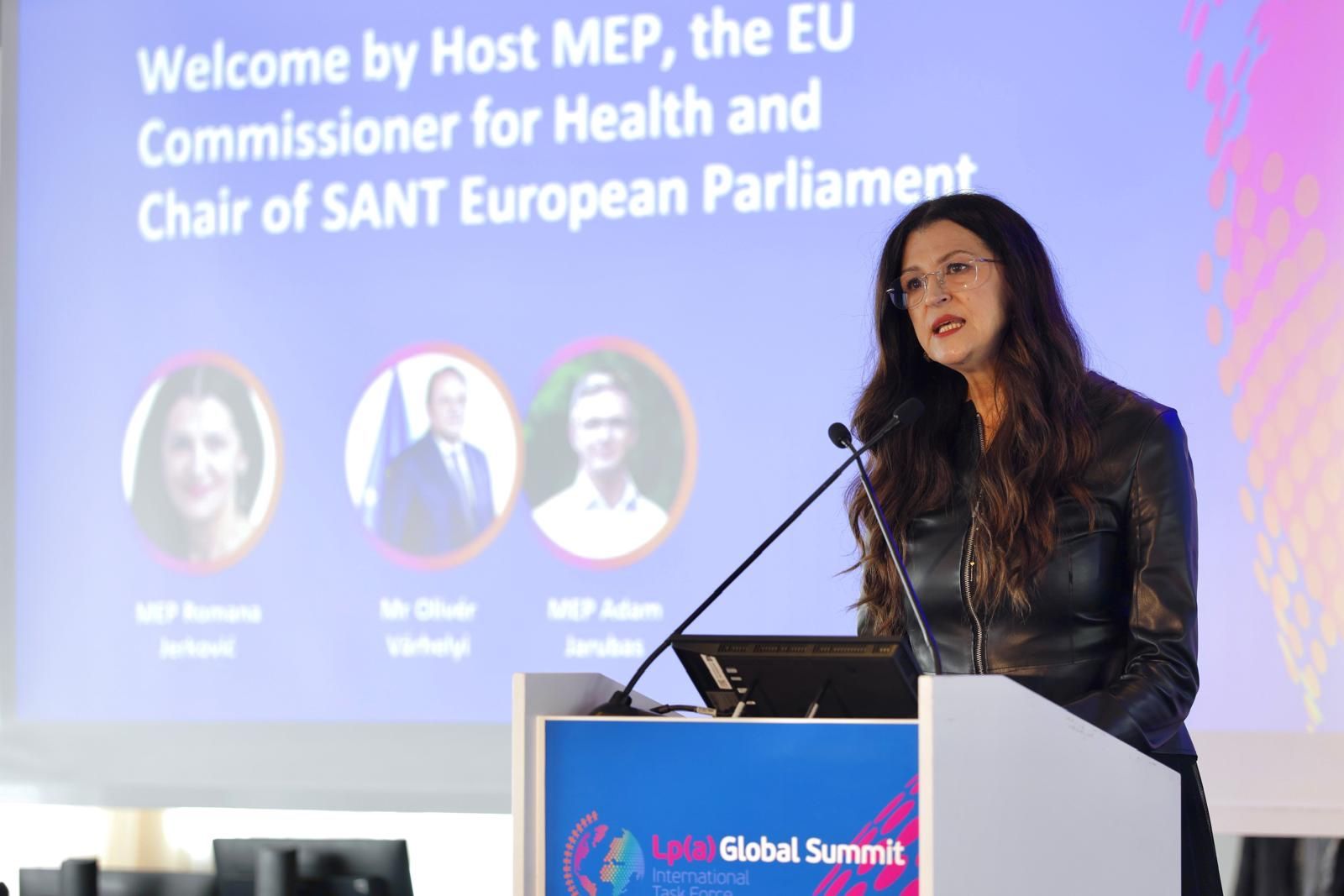Reflections by HH Health Policy Lighthouse // Breaking Barriers in Lung Cancer: a year-round endeavor (dr. Mary Bussell)
ead by a slogan that we shouldn’t have citizens of 1st class and 2nd class in Europe (and globally) and all people should have equal opportunities and access to knowledge & innovations, we decided that Health Hub needs to turn on the light towards the policy solutions and best healthcare practices available around the globe. We are presenting you our initiative of symbolical meaning – HH HEALTH POLICY LIGHTHOUSE (by Health Hub) aiming for networking of most respectful experts in the field of health policies, upgrading them to next level in digital and data-driven age and to showcase best health policy practices to CEE / Balkan countries.

External Health Hub Consultant for HH Global Policy Network &
Guest Editor for Health Hub’s “Health Policy Lighthouse”
Dr. Mary Bussell
Geopolitics, economics and demographics along with increasing volatility are converging with an exponential acceleration in technological innovations, presenting new challenges for organisations and exciting opportunities for exploration. As a health and business strategist, Mary has comprehensive knowledge of the health ecosystem: able to think strategically while acting pragmatically to prepare robust plans to influence business and policy. Steadfast ability for developing alignment across functional teams and sensitive networks ensuring a seamless transition from conceptual design to implementation of initiatives with an appropriate mix of scientific and business language in cross-cultural and highly matrixed environments.

Lung Cancer claims more lives each year than breast, colon, and prostate cancer combined:[1] it is the leading cause of cancer-related mortality worldwide. We must prioritize raising awareness about this disease beyond a single day, World Lung Cancer Day on 1 August, or a month, Lung Cancer Awareness Month each November. To combat outdated gendered assumptions, we must recognize that while it remains the leading cause of cancer morbidity and mortality in men, it is the third most commonly diagnosed cancer and the second leading cause of cancer death in women.[2]
Tobacco use is the primary culprit, causing approximately 58% of lung cancer incidence and 87% of lung cancer mortality.[3] However, the disease is not exclusive to smokers; 10-25% of people diagnosed are never-smokers, with women who have never smoked more likely to be diagnosed than men in the same category.[4] This revelation underscores the need for a more comprehensive approach that goes beyond the traditional tobacco-centric framework.

Recent research into tumor histology reveals the inadequacy of a homogenous approach to non-sex-related cancers. The nuanced differences observed in lung cancer between smokers and non-smokers highlight the imperative for a deeper understanding of the disease.[5] To combat the complexities of lung cancer, we must embrace a broader perspective.
By forging strong partnerships and collaborations between stakeholders at the national, EU, and global levels, we can ensure meaningful dialogue and develop clear, easily operational policies that address the needs of people living with lung cancer. Effective collaboration will address challenges stemming from a lack of awareness and late diagnosis. This includes prioritizing prevention, ensuring equitable and sustainable access to screening, early detection, and treatment, as well as investing in research while helping to eradicate unconscious bias and stigma.
Together, fostering alliances and leveraging advancements, we can promote equitable access to care, creating a future where everyone receives essential treatment and support. Let us unite in the mission to make World Lung Cancer Day a day of celebrating our progress in conquering this disease and providing hope for all those affected. After all, anyone with a lung can get lung cancer.






